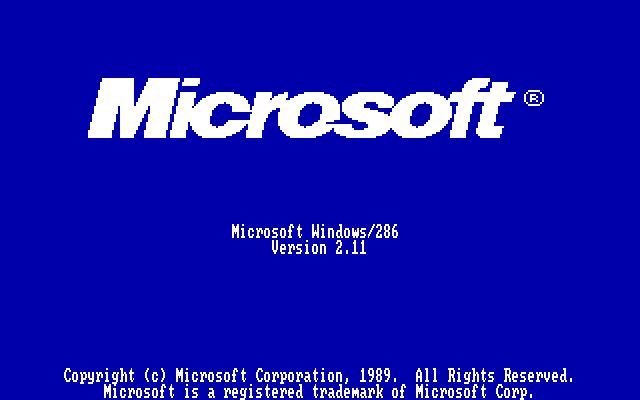📅 December 9, 1987 – A day that marked a subtle yet significant shift in the world of operating systems. Microsoft released a new version of Windows, seemingly identical to its predecessor but with a twist that would shape the future of personal computing. 💻
🌟 The Controversy: The introduction of the Presentation Manager on Windows brought a new interface with overlapping windows, a feature strikingly similar to MS-OS/2. This move sparked a heated legal battle with Apple over the nuances of graphical user interfaces. Despite the controversy, this was a pivotal moment in tech history.
🔍 Behind the Scenes: Contrary to popular belief, the focus at Microsoft was not on Windows but on another project – OS/2, developed in collaboration with IBM. Touted as the future of software, OS/2 was expected to set new industry standards. However, fate had different plans. 🔄
📈 Windows’ Rise: Amidst various challenges faced by OS/2, Windows slowly but surely gained prominence. The launch of powerful office programs like Excel 2.0 and Word 1.0 for Windows was a game changer. The ecosystem grew with third-party applications like AMI’s word processor, Super Base’s database, and CorelDRAW’s graphics program.
💡 Milestone Alert: By June 1987, Bill Gates announced the sale of 250,000 Windows copies. Fast-forward to 1989, and Windows had crossed the 2 million mark, selling 50,000 packages monthly—a testament to its growing dominance in the market.
🎓 Lesson Learned: Windows’s journey is a classic example of technological evolution and market dynamics. It reminds us that adaptability and innovation are crucial to survival and success in tech—similar to our journey in wealth management. In both fields, staying ahead and embracing change are vital to thriving in a competitive landscape.
Source: LinkedIn
07Jul2025







